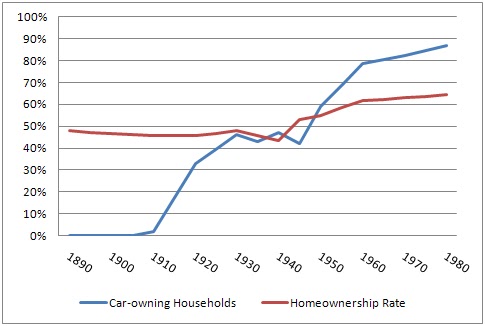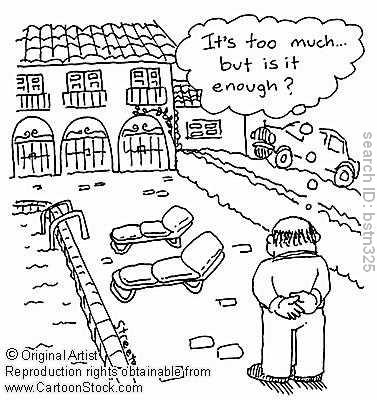There were some pretty nutty, & I might say draconian, limits on cars early on. (Notably the "red flag" laws.) They survived a surprisingly long time... Our current car-friendly (even pedestrian-hostile) approach, like bans on "jaywalking", is not how it started.
Thank you.

And no, tho I'll happily have better public transit, I don't mean to be rid of cars.
Bear in mind, even parking meters are a comparatively late invention, & that was 20yr after the Model T hit its stride in 1915.
A thought: can this be a reaction to traffic jams? Can cities say, in effect, "We want fewer cars in our downtowns, & increasing parking costs, & reducing availability, is our answer"? With the parking companies turning around & building garages, or undergrounds, rather than just tearing up surface parking, & getting the unintended consequence of
more traffic?



